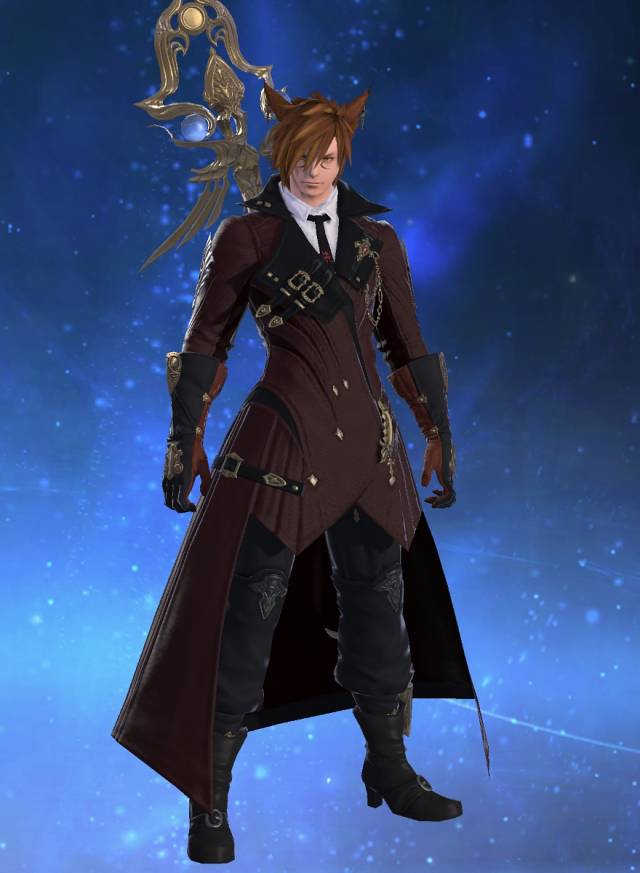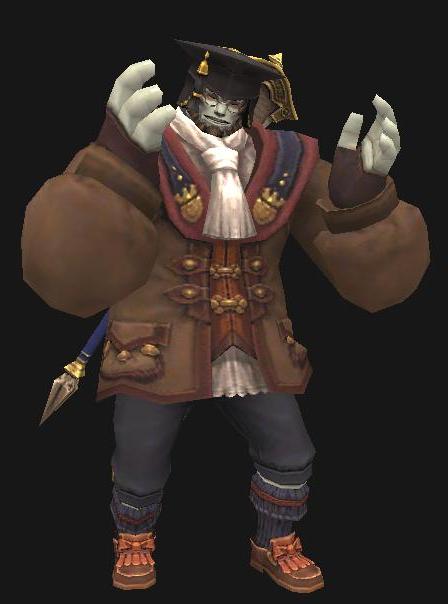

I guess it's up to Berephon to answer the question, which still lacks a response: Has the original intention been to use proper translations as base words when creating the language of the "Forochelians" or not? Sort of a "once in the lifetime of the universe" coincidence, I'd say. It's not just "some" words that are nearly or fully identical, but "nearly all" words. It's a made up language, it does not need to have a theme because it is made up, and really it doesn't matter or make a difference in the slightest because of that.Īre you serious? The fact that perhaps 98% of these "Lossoth" words are minor adjustments of exactly correct Finnish terms is a coincidence? Really? No i'm not missing the point, i completely understand your point, what i am saying is your point is not a valid point. Loose translations all, since some don't make much sense and have to be guessed at (much like the Finnish ) but hope that provides some entertainment for the polyglots and language enthusiasts on here!ĭernière modification par Blaize_EU à 01h39. Galar Culch (cylch galar) - circle of sorrow/griefĪnd how could I forget Draigoch. Pruv Cadlus - unsure what pruv might be - maybe pry (insect) or maybe prif (main/prinicpal)ĭuv Corvan (corfan du) - mountain foot (but measurement rather than geographical)Ĭartrev Maru (cartref y marw) - house of the deadįordh Maru (ffordd y marw) - way/road of the dead Sarf Cadlus (cadlys y sarff) - serpent camp Khoblun Utot - coblyn is a goblin (or an elf!), I'm not at all sure what utot is or trying to be. Maur Tulhau (tyllau mawr) - great/big holes
#Final fantasy rusty coblyn full#
Pluvun Gwern (plufyn gwern) - closest translation I can manage is Alder feather - it's full of crebain anyway!Īrianant - possibly silver stream, or maybe a rangerism Lhe lhechu (lle llechu) - Hiding/lurking place Ok, this is for Urwendil (and anyone else who was interested )Įnedwaith place names and hobbit names translated: I'm asking the question you quoted because the whole latter half of the location name "Kauppa-kohta", as well as either the first half of, or the whole term, "Pynti-peldot" seems to be wrong, compared to other location names that are based on Finnish language.ĭernière modification par Elaida à 04h55. I should also be asking a lot of questions about things written in English, even though that's not my native language and I'm far from perfect in it. It's not about spelling - if it was, I should be asking questions about most, if not all hyphens and missing double vowels in Forochel location names.

If probably 98% of the location names and other "Finnish-ish" terms are slight variations of actual, absolutely correct Finnish terms, why does this remaining 2% show up in completely different form that is very awkward considering the way how most of the terms have been created? Why wasn't the correct Finnish base term been used in the name of Kauppa-kohta, when those correct terms were used in nearly every other location? This is not a matter of translating English into Finnish so that Finnish people can read it, it's a made up language that has used Finnish spelling as a base, it's its own language and in its own language is spelled correctly. (Well, that one could mean "a magnet that pulls in flying dogs that chase rabbits". I can of course build any kind of strange compound words, but it doesn't give "lentojäniskoiramagneetti " any real meaning. So, we have one, perhaps two location names that do not really match to any Finnish terms that would be, or would have been, used by Finns. "Pyyntipellot" as a term doesn't exist at all. "Pyyntimaat" wouldn't work either, as it doesn't mean anything in this context the term is real, but it's used mainly in statistics that list how much different countries are hunting or fishing specific animals. "Pyynti" and "metsästys" are basically synonyms for "hunting", but the word used in Forochel is very rarely used. That's very far from what we're seeing in Forochel. Though, it can also refer to "hunting grounds" or "hunting area", for which the translation would be "metsästysmaat". I didn't think of that one - it's been a long time since I visited Forochel the last time. You're right though it doesn't really match into any Finnish term that would be actually used. A remote field where people grow cabbages, rapeseed, oat, rye and other similar products and leave it all unharvested to allow animals to eat during winter. It could be a reference to "riistapelto". What about Pynti Peldot? Doesn't seem to match anything I'm familiar with.


 0 kommentar(er)
0 kommentar(er)
